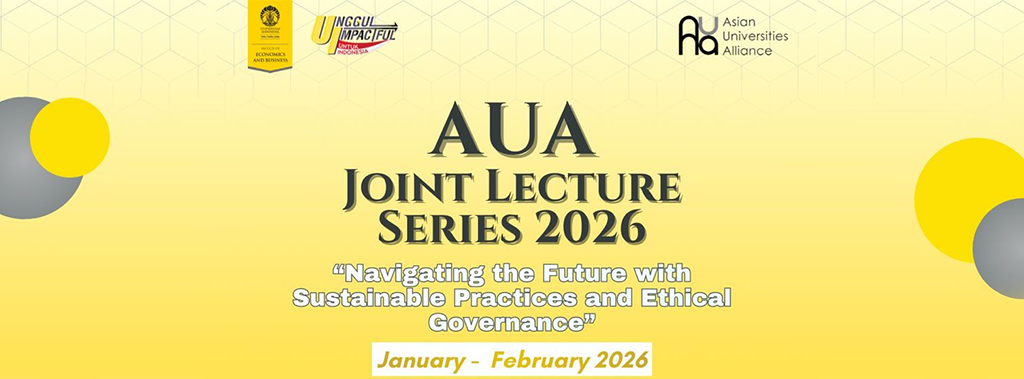Theme: Facilitating Data-Driven Innovation for Sustainable Energy Transitions
Professor: Prof Masaru Yarime, Associate Professor of Public Policy, The Hong Kong University of Science and Technology
Date: 15 November 2022 (Tuesday)
Time: 18:00-18:45 (UTC+8)
Summary:
Professor Masaru first introduced the Hong Kong University of Science and Technology and explained the importance of data-driven innovation in face of the epidemic, which has the potential to tackle climate change issues. To be more specific, there are two parts:
1. Climate change mitigation strategies including reducing carbon dioxide emissions, supply chain management, and behavioral change;
2. Climate change adaptation including Earth system modeling and building resilience to natural disasters.
First of all, within the past decades, digital technologies for climate change adaptation have been widely used, for example, data visualization using AI algorithms to predict the impact of climate change. In addition, Professor Masaru shared the recent progress in patent applications for climate change-related technologies involving AI.
Following the AI-involved technologies, Professor Masaru presented a data-driven innovation cycle to visualize how the process works. It includes the following: data collection, big data, data analytics, knowledge base, and so on. Later, Professor Masaru explained concepts such as data, data science, and domain expertise for data-driven innovation in detail. Additionally, he focused on a chart to demonstrate the rapid technological progress over the past decade.
The second part of the lecture discussed public policy issues. The characteristics of data-driven innovation include deriving new insights from vast data and the ability of training. These led to human-machine interaction and implications for public policy, which has four major aspects: democracy, kinetics, markets and society. It is also necessary to mention the following challenges: speed and direction of technological change, interconnectedness as well as interdependencies of technologies and human-machine interaction.
In terms of the application process, Professor Masaru pivoted to data-driven innovation for tackling sustainability issues and climate change mitigation in smart cities. To summarize, there are three key challenges for sustainable smart cities: goals and targets, business models, and data governance. For instance, distributed energy systems have several benefits, including a goal of proximity to the customer, high energy efficiency, and utilizing clean and low-carbon energy sources.
Professor Masaru mentioned distributed energy systems with peer-to-peer energy exchange based on blockchain and stressed that it connected individual prosumer producers and consumers. Professor Masaru’s research interests include assessing challenges and opportunities in various dimensions, such as the economy, environment and institutions.
Key issues concerning data in peer-to-peer distributed energy systems involve data availability and accessibility, interoperability, cyber security, data privacy, and so on. These bring us both opportunities and challenges in terms of data usage, and COVID-related analysis.
Finally, Professor Masaru prospected the future of data governance approaches mentioning the Toronto smart city project as well as the super city initiative in Japan. In addition, he discussed topics such as data linkage platforms, the data trust issue, and micro-targeting digital nudges to promote energy saving.
(The summary is written by student assistant LI Xinyue.)
*The views and opinions expressed in this lecture series are those of the guest lecturers. They do not purport to reflect the opinions or views of the AUA or its members or its Secretariat.

